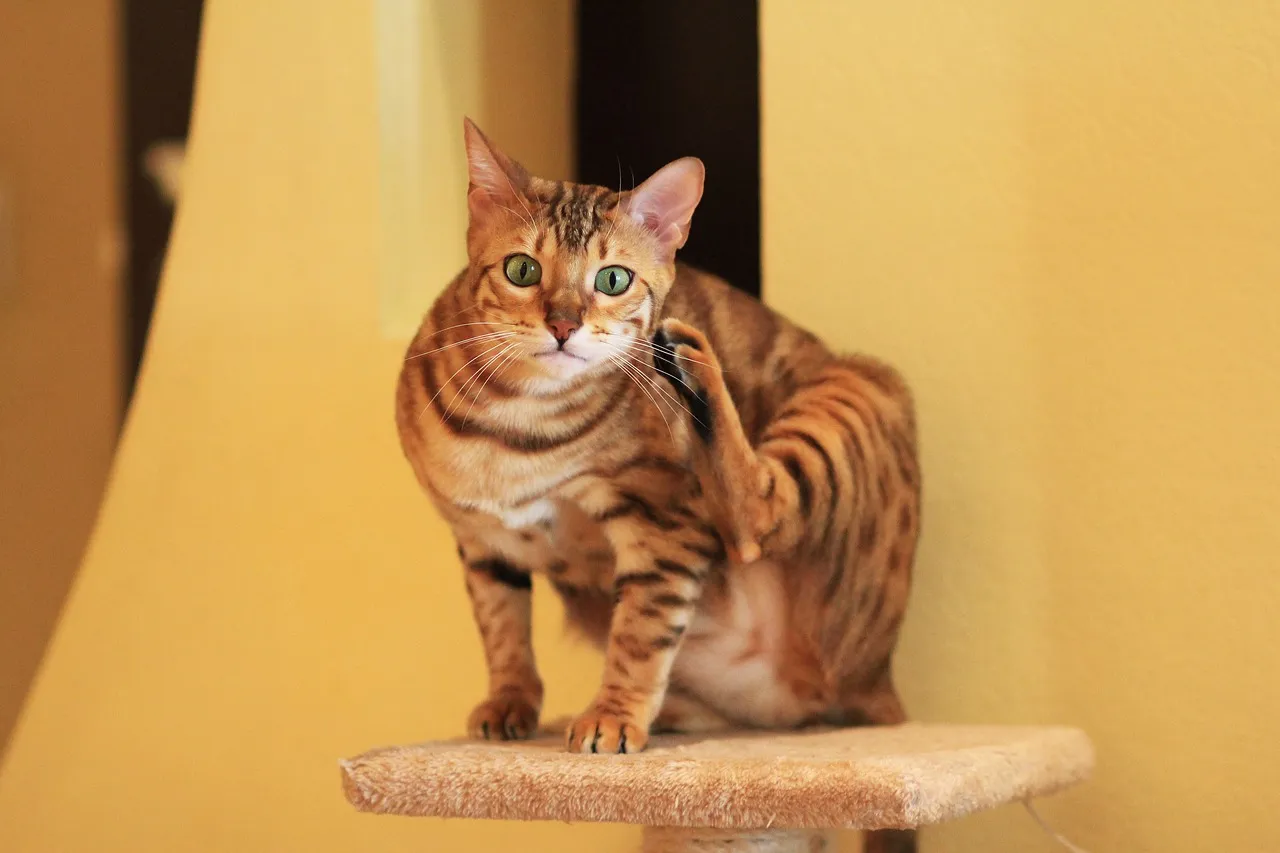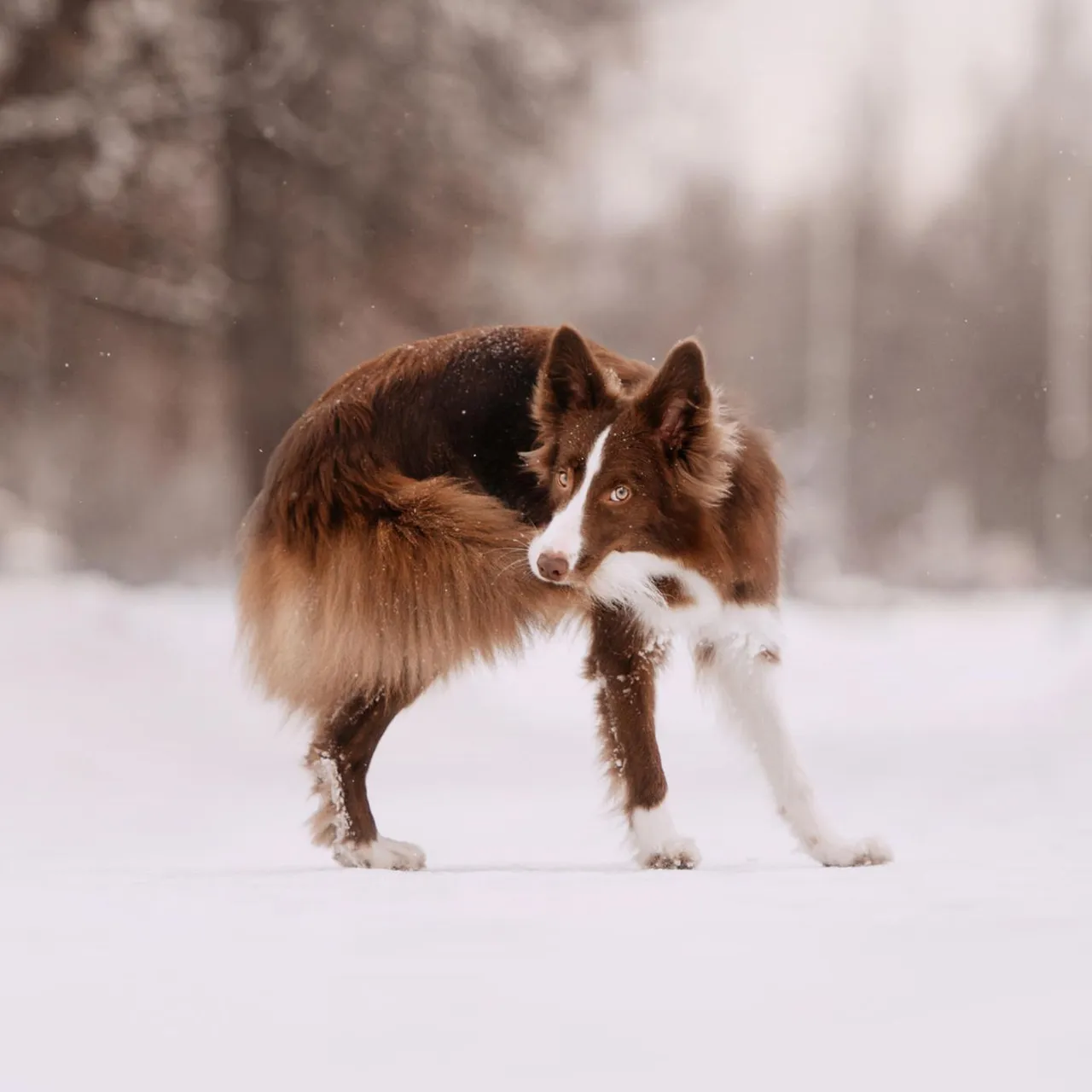At this point, I know that every lovely person reading my blog knows that I am highly particular about animals, especially household pets, these pets are human's best friends (I guess, only a pet lover would properly understand what that means), and every human will feel down when their pet is ill, in worst case scenarios, the bacteria affecting the pet could even affect the pet owner and other members of the family. This is a reason why I love to write about the illness in pets and animals in general, so in today's episode of the various illnesses that can be found in pets, we will be discussing the topic, Pruritus.
When you find your pet itching consistently, it gets to the point when it feels highly disturbing and you are worried about the possible reason behind the itchy nature of your lovely pet. Pruritus is a common clinical sign of several skin disorders, it is usually followed by a red, inflamed skin region resulting in a skin infection called pyoderma, if the skin condition becomes highly severe, the pet may begin to lose hair, have scabs and even begin to bleed.

needpix.com
We must bear in mind that, itching is only a sign and not enough evidence to diagnose the presence of an infection, however, the most common cause of itching in pets are; infections, parasites, and certain allergies, several skin diseases would not initially develop, it may grow as a secondary bacterial or yeast infection, so by the time you notice itching in your dog, the infection may have graduated into a serious complicated case, and on the other hand, some cases may be so normal that it would only last for a few days.
When a dog has pruritus, there will be clear signs of consistent and excessive scratching, biting, and licking of the skin, this may be particular to one region or there could be a case of general itching.
Common reasons behind excessive itching include;
Atopic Dermatitis: Atopic dermatitis is also known as allergic dermatitis, it is often caused by environmental allergies from plants, pollen, and dander, and it can also be a seasonal issue.
Bacterial/fungal infections: Bacterial or fungal infections are a major causative factor behind Pruritus, it is accompanied by other symptoms like; a serious stench, inflamed skin, oozing, and hair loss.
Food allergies: Food allergies are common with pets and they could create year-round itching. It could be a strange ingredient found in their food or the introduction of a different type of beef/chicken.
Flea allergy dermatitis: This type of allergy happens when a flea injects saliva into the body of your pet, the protein found within the saliva triggers the immune system, creating itching that would last for several days, a single flea bite could result in an infection.
Hives: This is a form of allergic reaction that can be seen in almost all dogs, hives can be a reaction to several things, it could be medications, and bites amongst others. The presence of hives shows a raised bump that would cause the dog's fur to stick out or cause swelling around the eyes. Using a hypoallergenic shampoo specially designed for dogs may create relief for this condition, but the use of a special leave-in conditioner for dogs may also help provide relief.

image.geo.de
Depending on the cause of the itching, some pets would require intermittent treatment for the better parts of their lives, but this only happens in extreme and really rare cases as most itchy cases respond to medications and other forms of simple treatment. In order to verify the cause of the itching, a thorough skin history, and a physical examination would be carried out on your pets, the veterinary doctor would love to first eliminate the possibility of the infection caused by fleas, mites, and parasites.
Following that elimination, the vet would look out for the possible causes of the skin disease as it may either be a bacterial or fungal infection leading to cases of hair loss, scaling and odor as mentioned earlier, upon suspicion of such infection, the veterinary doctor would prescribe antibiotics that would last for about 21-30 days. In most cases, the medication is prescribed to check if the itching was a result of a microbial infection, if it goes away after the medication, then affirmatively, the itching was a result of an infection/allergy.
To eliminate food allergies, your pet would be placed on a diet trial, and during the trial, your pet would be placed on a different meal prescribed by your vet, during this stage, you must avoid every form of treatment that is not in alliance with the diet. Test to confirm allergy and intradermal skin testing is used to determine the pattern of antigen exposure.
Successfully treating pruritus depends on the ease of identification of the underlying cause, in a case where the cause of itching cannot be identified or when the suspected treatment option doesn't eliminate the itching, urgent medical treatment would be applied. Treating itching with glucocorticoids are highly common, as they are anti-inflammatory steroids, that are considered the most effective drug in itching management, these drugs could, however, cause serious side effects like extreme hunger, urination, and thirst. The drugs also have the ability to suppress the function of the adrenal glands and also increase the chances of diabetes, therefore the drugs are only prescribed under rare circumstances.
Topical sprays containing glucocorticoids may be an alternative to pills, as long as they are used appropriately. However, controlling the itching caused by an infection with this medication is totally wrong, remember that, only a professional vet can prescribe a proper treatment option for your pet's health condition.
There are simple home remedies to help reduce itching in your pet;
- Chamomile and Green tea soak.
- Colloidal oatmeal baths.
- Apple cider vinegar.
- Aloe vera.
- Constantly bathe your pet.
- Pick the appropriate bed for your pet.
With any procedure or treatment option, you choose, make sure to confirm with your veterinary doctor first.